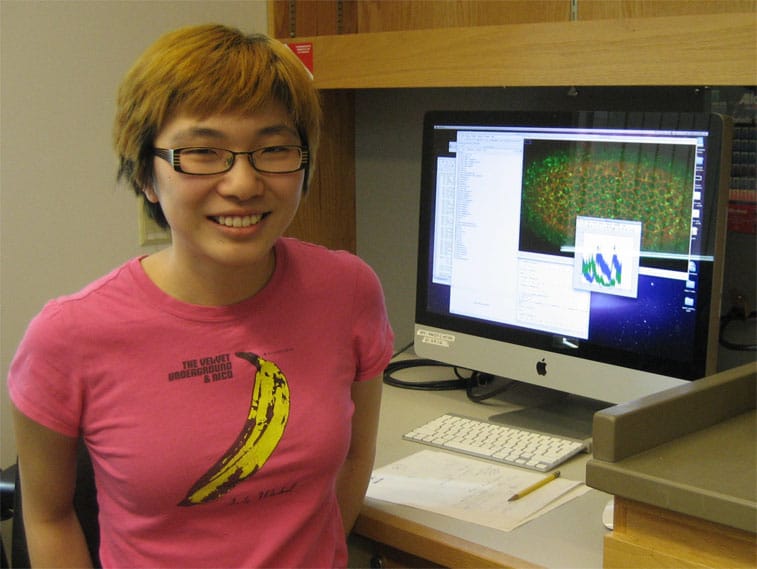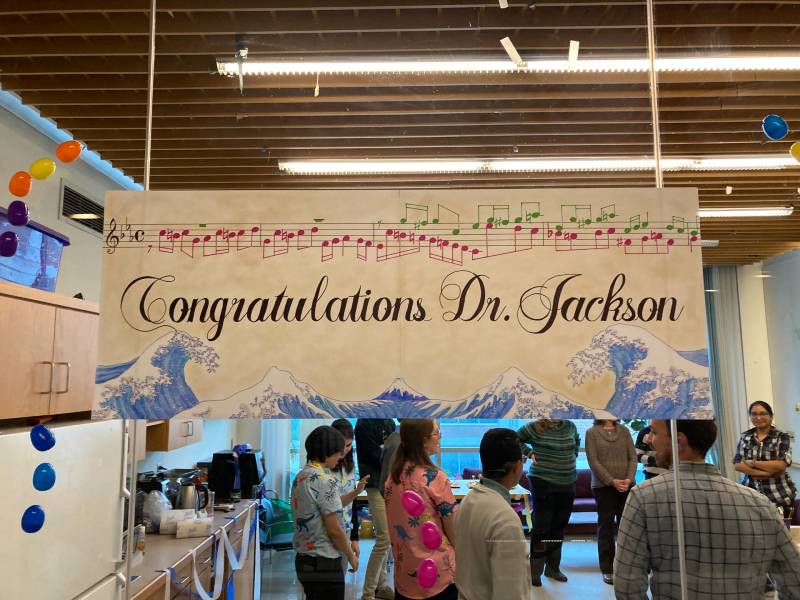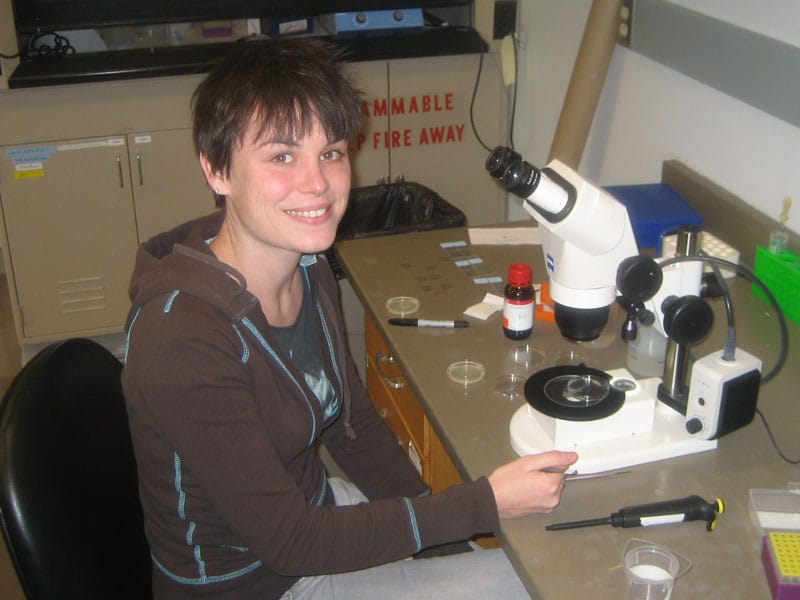Mary Ann Collins published review article in Developmental Cell
Congratulations Mary Ann Collins on publishing review article on plant and animal morphogenesis in Developmental Cell!

Congratulations Mary Ann Collins on publishing review article on plant and animal morphogenesis in Developmental Cell!

Jeanne comes to us from Vanderbilt University where she received a Ph.D. for her work on the mechanisms of dynein motor localization.

Congratulations to graduate student, Mimi Xie, on passing her qualifying exam.

Congratulations Dr. Jackson on defending your PhD and getting a postdoc position in Germany. Best of luck.

Congratulations to Marlis Denk-Lobnig on a wonderful thesis talk! Marlis is moving on to do a postdoc at the University of Michigan.

Congratulations to postdoc, Soline Chanet, for being awarded an EMBO Long-Term Fellowship.

Congratulations to Soline on publishing her work “Actomyosin Meshwork Mechanosensing Enables Tissue Shape to Orient Cell Force” in Nature Communications. Soline discovered a mechanism by which tissue and organism shape can instruct cells how to generate force. This has implications in understanding how tissues and organs acquire their correct shape.